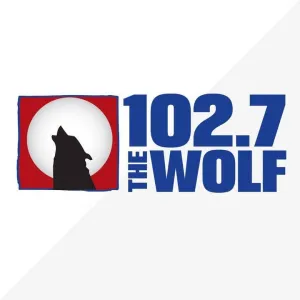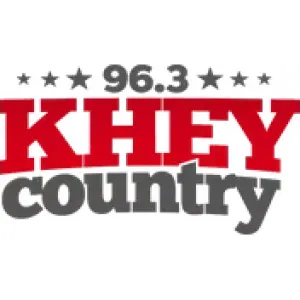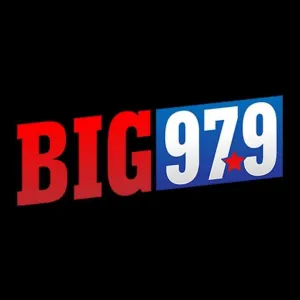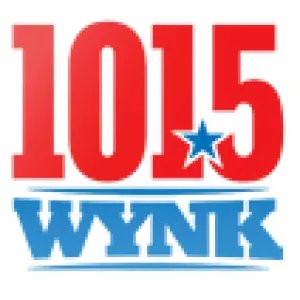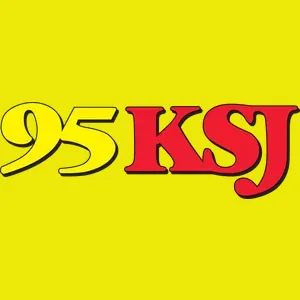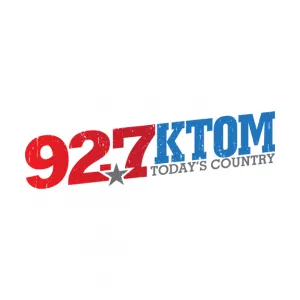Radio 102.1 WDRM
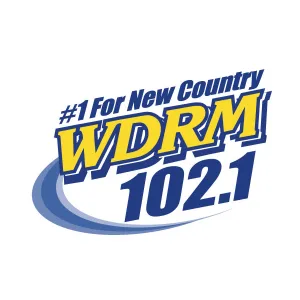
0
Share
Embed code
0
0
[
The Valley's Best Country
]WDRM (102.1 FM, "102.1 WDRM") is a country music formatted radio station licensed to Decatur, Alabama, and owned by Clear Channel Communications. It serves the Huntsville, Alabama, area.This section does not cite any references or sources.Please help improve this article by adding citations to reliable sources. Unsourced material may be challenged and removed. (November 2008)WHOS-FM started in the mid-1950s on 92.5 FM as a simulcast of WHOS-AM (800 kHz), but aired 24 hours a day, unlike WHOS, which could only air in the daytime. The station was... See more
Decatur FM|102.1
Playlist:
12:10
Leidos, Inc.
12:07
Premiere Scatter
12:06
Athens State University
12:02
102.1 WDRM - Huntsville‘s #1 for New Country
11:57
Bramlett Automotive
11:55
Premiere Scatter
11:49
102.1 WDRM - Huntsville‘s #1 for New Country
11:44
Fredricks Equipment
11:43
Dr. Randall Burns
11:41
Qc Kinetix
11:39
102.1 WDRM - Huntsville‘s #1 for New Country
Most Popular Last 7 Days:
+1(256)309-2400
[email protected]
26869 Peoples Road, Madison, AL 35758
http://wdrm.iheart.com/
last update
[2023-09-29 11:17:46]
Views:
14Recommended radio stations:
WDRM (102.1 FM, "102.1 WDRM") is a country music formatted radio station licensed to Decatur, Alabama, and owned by Clear Channel Communications. It serves the Huntsville, Alabama, area.This section does not cite any references or sources.Please help improve this article by adding citations to reliable sources. Unsourced material may be challenged and removed. (November 2008)WHOS-FM started in the mid-1950s on 92.5 FM as a simulcast of WHOS-AM (800 kHz), but aired 24 hours a day, unlike WHOS, which could only air in the daytime. The station was later moved to 102.1 mHz in 1959.In the late 1970s and early 1980s, the station, now known as WDRM, played a Top 40 and Album rock format; the station employed a youthful stable of on-air personalities during this era. Barry "The Nightcrawler" Cole, Doug "More Music" Micheals, and Thom Collins were a few of the disc jockeys on the station during that period. Comedic comments and an on-air attitude of "not following the rules" was very popular with younger listeners, most of whom had never heard hard rock on the radio before. The nearest stations to Decatur that played a hard rock format were in Birmingham, and they were very difficult to receive except on external FM antennas.Unfortunately, this type of broadcasting was not conducive to selling advertising in a predominantly religious and conservative part of the country (and with relatively few affluent teenagers and young adults) like northern Alabama, and the station suffered financially as a result. This was because few businesses wanted anything to do with what some of them considered "sinful" programming.For a brief time in the early 1980s, WDRM made a first attempt at a country format, with little success due to the numerous AM outlets serving the Tennessee Valley at the time with that type of music, some of whom had played country for decades (one of those was WDRM's AM sister station, WHOS).After that failure, WDRM decided to return to pop and rock in 1982, adopting what was then known as an "urban contemporary" sound. The station used the branding "Jam 102" and played a mix of Top 40, album rock, and urban. Thom Collins was the program director at this time and the station was beginning to turn around after a long period of being unprofitable for the owner. The main sales market at that time was limited to Decatur and had not branched out to the Huntsville area. Unfortunately, Decatur was not ready for that format, which proved more controversial than even the late 1970s rock era; much of that probably had to do with the station's obvious attempts to attract a biracial audience, something still distasteful to many local whites. As such, the jockeys got continuous anonymous threats and local "bad press".After much discussion of the station's community relations problem, consideration of the rising popularity of mainstream country music among younger listeners, and falling ratings against market leader WZYP, station management decided to try a country format again in 1984, this time with an emphasis on current hits and a polished presentation. Collins and most of the other staff members were fired, a new program director was hired, and the station became successful, especially in the early 1990s when country listenership reached new heights all across the U.S. and it began selling advertising in the Huntsville area.
© LogFM.com, 2009-2024 (2024-04-05,02:22:24)








